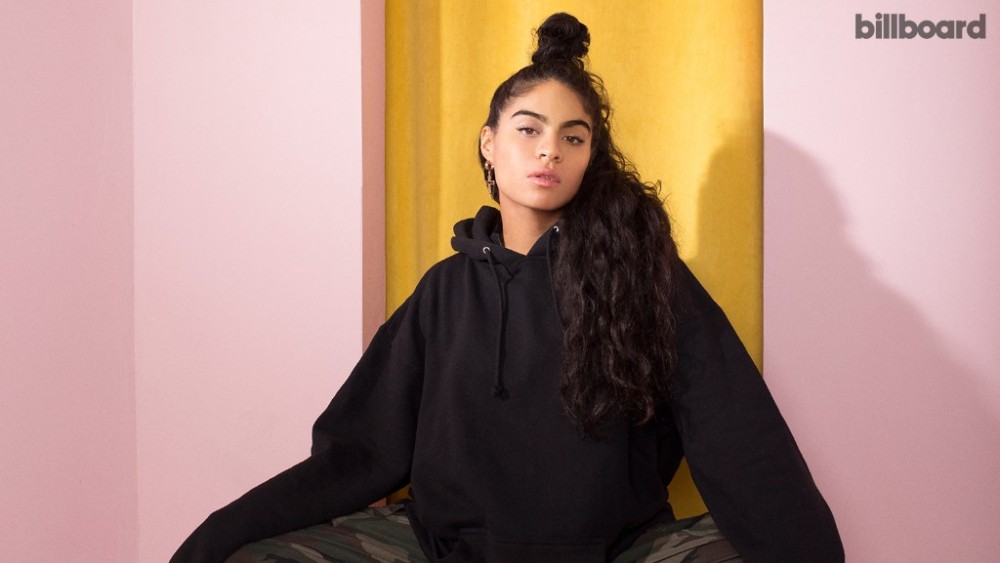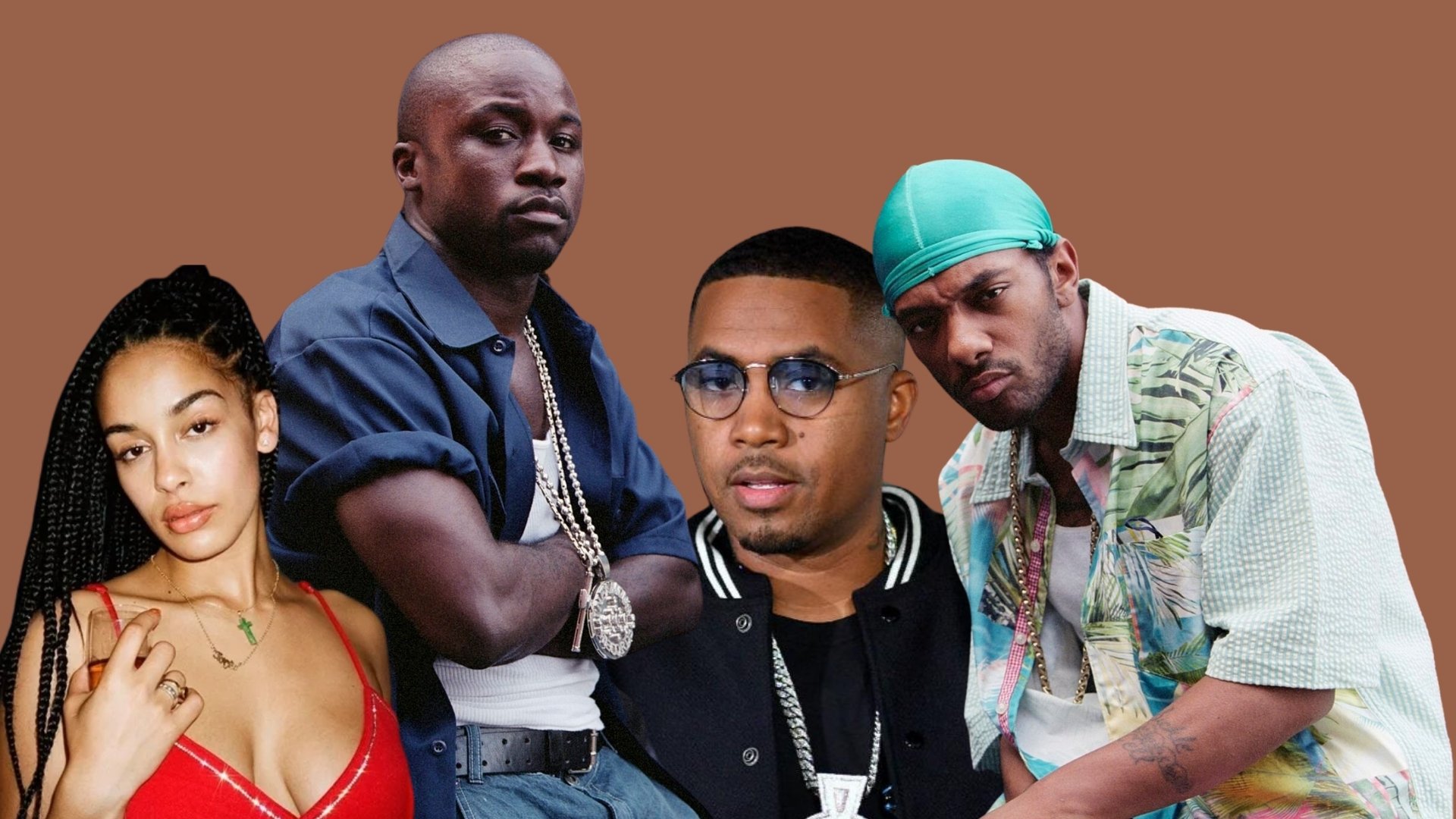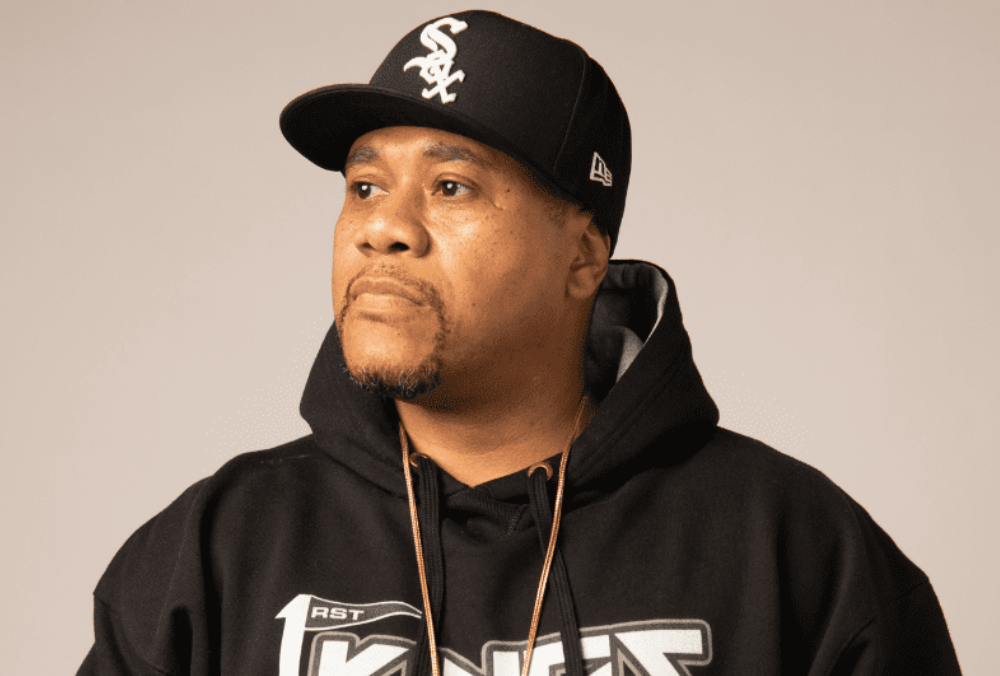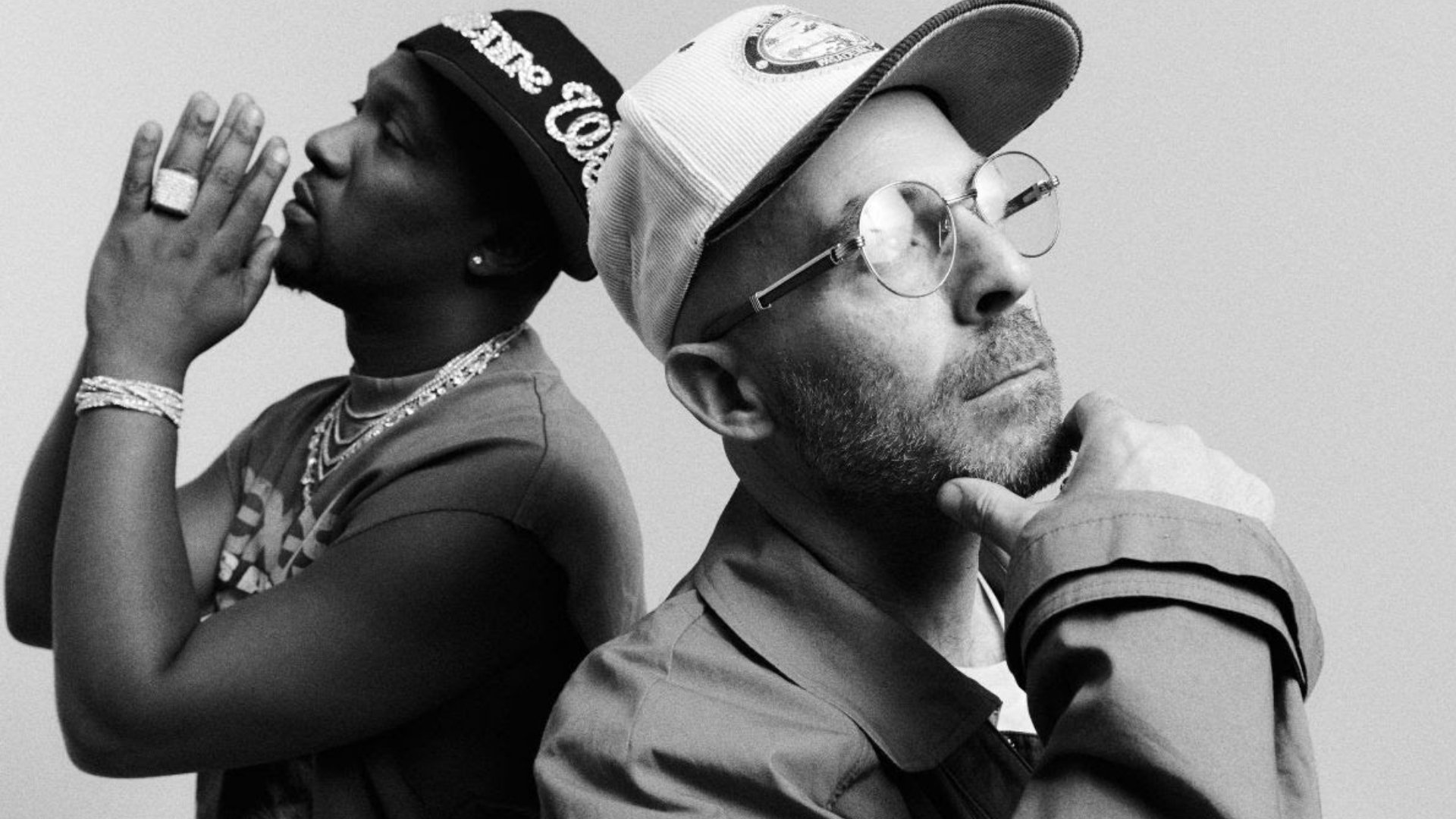Jessie Reyez started feeling anxious in January, as soon as her debut album was announced. “There’s so much pressure for a first album,” says the singer-songwriter. “And I never felt that before I started doing interviews and people started bringing it up, asking, ‘Do you feel pressure for your first album?’ and I’m like, ‘Well, fuck, I didn’t till now.’ ”
Reyez, 28, started releasing music online in 2014, and her debut album, Before Love Came to Kill Us, finally comes out March 27 on FMLY/Island Records, but “I could keep working on it today,” says Reyez. “Like, someone is going to have to put me in handcuffs real soon if they don’t want me to keep switching shit up.” She has been feeling so impatient that she even considered a surprise release at one point, saying her team “humbled me real quickly, because they’re like, ‘Beyoncé can do that, and Kendrick Lamar] can do that, but you’re not that yet,’ and it’s true. I’m still in the beginning stages of this legacy blueprint that I’ve been working on for years.”
Now, Reyez is opening arenas for her pal Billie Eilish (whose tour is currently postponed due to the coronavirus) — they first bonded on Instagram two years ago and have stayed close, even hopping in the studio together. And prior to the coronavirus-related tour cancelations that have rocked the industry, Reyez was slated to kick off a headlining tour of her own in April. “However,” says co-manager Mauricio Ruiz of her ascent, “I’d be lying if I said this is what we planned to the T. You obviously work toward those things, but you never know what will land. You just try and prepare yourself as much as possible when the opportunities present themselves.”
Reyez had her breakout hit in 2016 with the acoustic ballad “Figures” that has since garnered 163.5 million on-demand U.S. streams, according to Nielsen Music/MRC Data. In 2017, she opened for PartyNextDoor on his European tour and independently released her debut EP, Kiddo, on her imprint, FMLY. (She signed to Island later that year.) With it, she shared a short film titled Gatekeeper that addressed her experiences with sexism and double standards in the industry. It won Video With a Message at the 2018 MTV Video Music Awards and established Reyez as a sharp, outspoken voice — both in and out of the studio, which is likely why the pressure of a looming debut album weighs even heavier. Says Darcus Beese, Island Records president: “She captures raw emotion and brutal honesty like no other.”
Her second EP, 2018’s Being Human in Public, included the sex-positive “Body Count” remix, which featured Normani and Kehlani singing, “We don’t need no one tryna take our freedom,” and earned Reyez her first Grammy nomination, for urban contemporary album. “I remember being hella little and not having cable at my house, but seeing Grammy commercials and seeing people doing what I love to do with] their life, thinking, ‘Fuck, that’s so sick.’ It was] a dream that was so far away, that society told me I couldn’t get — and I still have a lot of work to do, but my nomination was] a glimmer of, ‘Hey, you’re doing it,’ ” she says now. The nod “matters to me because I’m a woman, and I’m brown-skinned and Latina, and because I come from an immigrant family. So I just felt proud to have been there, being who I am.”
Reyez, who now lives in Los Angeles, was born in Colombia, raised in Toronto — and, as she says, with something to prove. “I’ve always said being born a woman is like being born walking uphill, because you’re at a fucking disadvantage. We’re at a disadvantage,” she says. “We have to fight for so many rights that are just given to men, which is bullshit. But if I can make it any easier, then I want to. The fact that people connect with my music] helps give me a vocation.”
She believes her upbringing has directly influenced her musical style, which she best describes as “a mutt,” though it often falls under R&B on streaming services. But no matter what she’s categorized as, or what playlists her singles may appear on, Reyez feels strongly about the album as a format. On the current iteration of the Before Love Came to Kill Us tracklist — which, true to her word, Reyez has switched up a handful of times — there are ballads like the lush “Love in the Dark,” trap-influenced tracks like the flex “Ankles” and the stripped-down “La Memoria,” which she sings in Spanish. The hourlong project comes to a close with “Figures,” a choice, says Reyez, she made later in the process as “a nod to Kiddo, because that EP] is what gave me momentum.”
Now, Reyez compares both Kiddo and Being Human in Public to “little appetizers,” that hopefully helped create a craving large enough that fans want to digest a full album in one sitting. As Island Records senior director, A&R Jermi Thomas assures: “The appetite is there.”
The Team in Jessie’s Corner
Byron Wilson, Manager: “One of the first times we actually hung out, I had some people over at my house in L.A. and co-manager Mauricio] Ruiz and her pulled up to hang. Someone decided to pull out the guitar and play a song; Jessie listened and politely grabbed the guitar after and played a song herself. She bodied the guy, and I think he left right after. Her energy and raw tone have always been something that draws people in and punches them in the gut.”
Mauricio Ruiz, Manager: “There are a lot of incredible singers with beautiful voices, but there are very few who can command an entire room. Once you hear her sing, you think to yourself, ‘This girl is raw, she’s different,’ and you can’t quite pinpoint it, but you just get the feeling that this person is special. I’ve only gotten that feeling a handful of times. I was just fortunate to meet her at a time when we both were trying to get our foot in the door. We quickly realized our work ethics were equally matched and from that point on, it was ‘go’ time.”
Jermi Thomas, Senior director, A&R, Island Records: “I met Jessie almost five years ago when I was a music publisher. My close friend Byron Wilson was managing this Canadian artist named SonReal that I had just signed, and he introduced me to Jessie. We met up in L.A. and immediately clicked. We talked for hours about everything: music, the music business, life, spirituality, what was most important to her as an artist-songwriter and what she wanted her legacy to be. In that moment, I knew I was sitting in front of a superstar. Jessie’s fierce ambition and desire to always be authentic and stand firm in her truth is what I remember being the most striking about her.”
This article originally appeared in the March 14, 2020 issue of Billboard.



